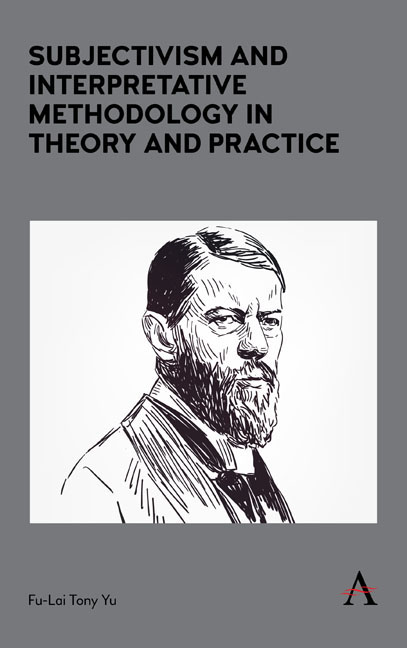6 - Subjectivism, Understanding and the Transaction Costs Paradigm
Published online by Cambridge University Press: 28 February 2020
Summary
Abstract. Since Ronald Coase's paper ‘The Nature of the Firm’ (1937), the concept of transaction costs has been applied to a wide range of economic and management issues. The transaction cost paradigm, though increasingly integrated into the mainstream neoclassical economics, does not lack criticisms. A major drawback of the transaction cost paradigm is that the role of the entrepreneur is missing. The transaction cost theory of institutional change has also been charged with circular reasoning. These shortcomings are partly attributed to the fact that scholars in the new institutional economics, like their neoclassical economist counterparts, do not put human agency at the centre of analysis. The roles of creative and proactive entrepreneurs in the formation of institutions are largely ignored. In this chapter, we outline an alternative approach to transaction costs economics based on methodological subjectivism, time, experience and the market process – elements developed by the Austrian School of Economics. The subjectivist approach has important implications for the analysis of property rights, transaction costs and the firm.
Introduction
Since Ronald Coase's paper, ‘The Nature of the Firm’ (1937), the concept of transaction costs has been applied to a wide range of economic and management issues. The transaction cost paradigm, though widely accepted and increasingly integrated into the mainstream neoclassical economic analysis, does not lack criticisms. A major drawback of the transaction cost paradigm is that the role of the entrepreneur is missing. Foss and Klein (2005: 4) rightly point out that ‘modern theories of the firm portray decision situations as always unambiguous and “given.” The choice of efficient economic organization is portrayed as a standard maximization problem […] There is no learning, no need for entrepreneurial creation or discovery, and explicit room for the emergence of new contractual or organizational forms […] [T] he strategy spaces are fully specified ex ante.’
The transaction cost theory of institutional change, as presented by scholars in the Washington School including Steven Cheung, Douglass North and Yoram Barzel, has also been charged with circular reasoning. As Sven- Erik Sjöstrand (1995: 34) notes, ‘in this paradigm, the institutional setting represents the individuals’ incentive to act. At the same time, the institutions provide the standards for eliminating “failing” attempts.
- Type
- Chapter
- Information
- Publisher: Anthem PressPrint publication year: 2020



